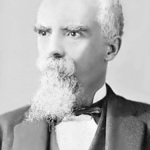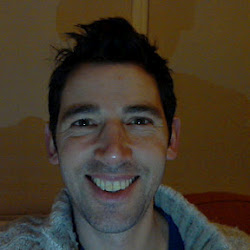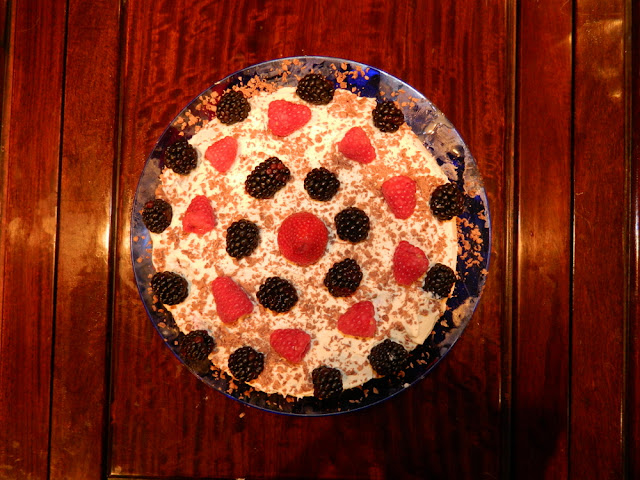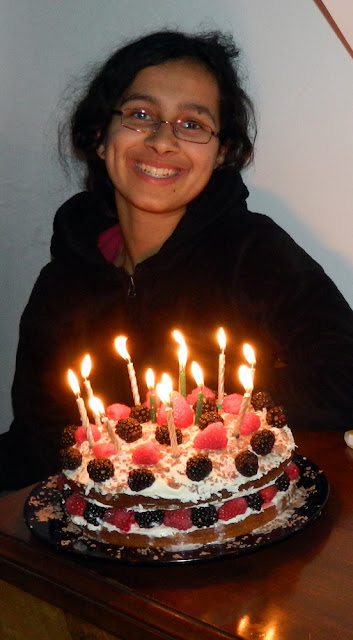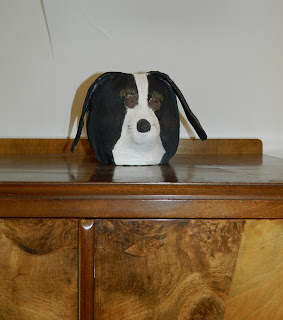| A corner of my study. As you can see, I have too many books!! |
For me, beginning to tackle clutter probably increased my mental drive and confidence to take my small business into profit. And succeeding in business, conversely, increased my confidence in housekeeping and writing!

